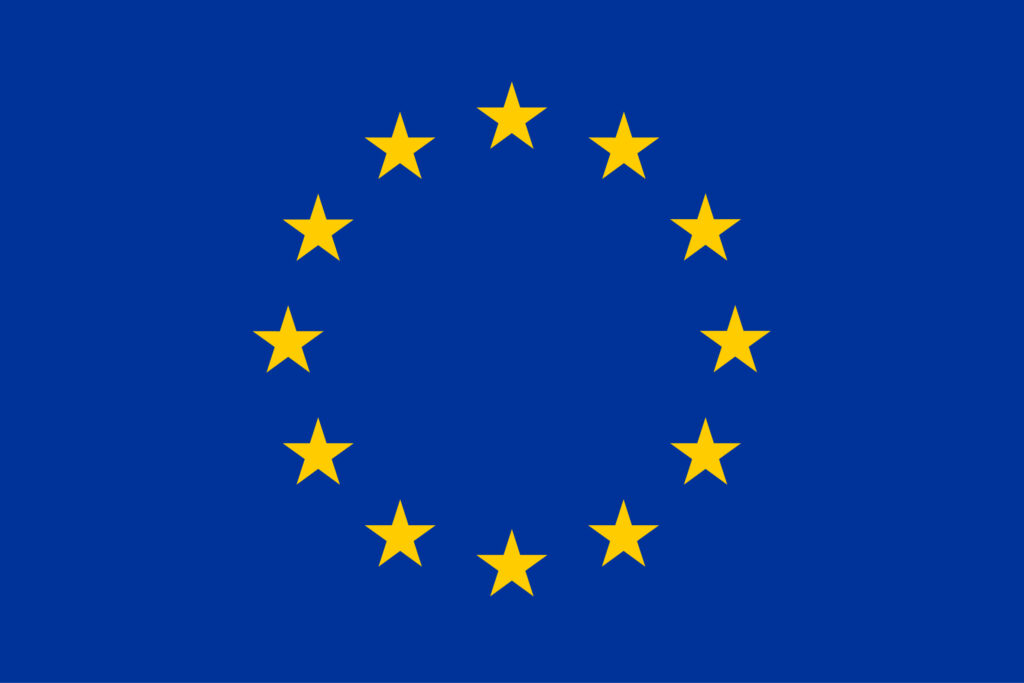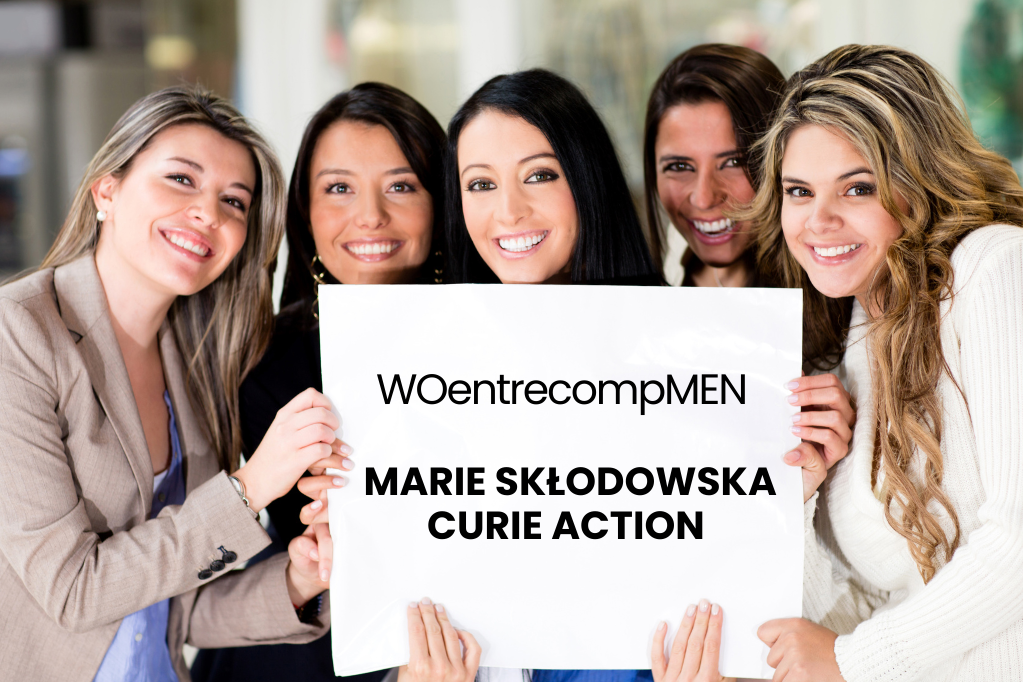WOentrecompMEN
Empower Women through Competency Development

Women entrepreneurship is considered an under-exploited source of economic growth in Europe, with only 30% of businesses own by women despite comprising 52% of the European population (WeGate Summit, 2021).
Prioritizing gender equality and supporting Small and Medium Enterprises (SMEs) are central to the European Commission’s political agenda, as they strive to create an economy that benefits all.
Boosting the participation of female entrepreneurs can significantly improve Europe’s economic prospects and overall social well-being.
The question arises: How can we empower women to unleash their entrepreneurial potential, achieve their aspirations, and fully harness their talent and diversity? This question is at the heart of the Gender Equality Strategy (2020-25).
The WOentrecompMEN project has a clear mission: to empower women entrepreneurs and aspiring entrepreneurs by nurturing the key entrepreneurial competencies needed to overcome the barriers of entrepreneurship. Drawing inspiration from the experiences of successful entrepreneurs and leveraging the EntreComp Framework, my research is focused on cultivating these critical competencies for entrepreneurial success.
A comparative Study of Italy-USA on male and female entrepreneurship through the EntreComp Framework
This project stands out within the landscape of European Commission initiatives aimed at promoting women’s entrepreneurship. Its distinctiveness lies in its rigorous scientific approach to studyin competencies and its unwavering commitment to empowering women, adopting an intersectional approach. By placing a sharp focus on competencies, the project aspires to craft entrepreneurship programs, public policies, and coaching initiatives that can benefit women, especially those from disadvantaged backgrounds.
Educators and policymakers alike have a role to play in fostering these competencies through targeted strategies and policies, with entrepreneurship serving as a catalyst for social inclusion.

This project has received funding from the European Union’s Horizon 2020 research and innovation programme under the Marie Skłodowska-Curie grant agreement No 892825
-
Beyond the Hype: ChatGPT’s Impact on Entrepreneurship Education
In an era where technology is making great strides, our perceptions often get carried away on the wings of AI hype. We tend to overestimate its immediate impact, only to underestimate the profound, long-term transformations it can bring. This phenomenon, known as Amara’s Law,…

Do you want to know more about the Marie Skłodowska Curie Fellowships?

